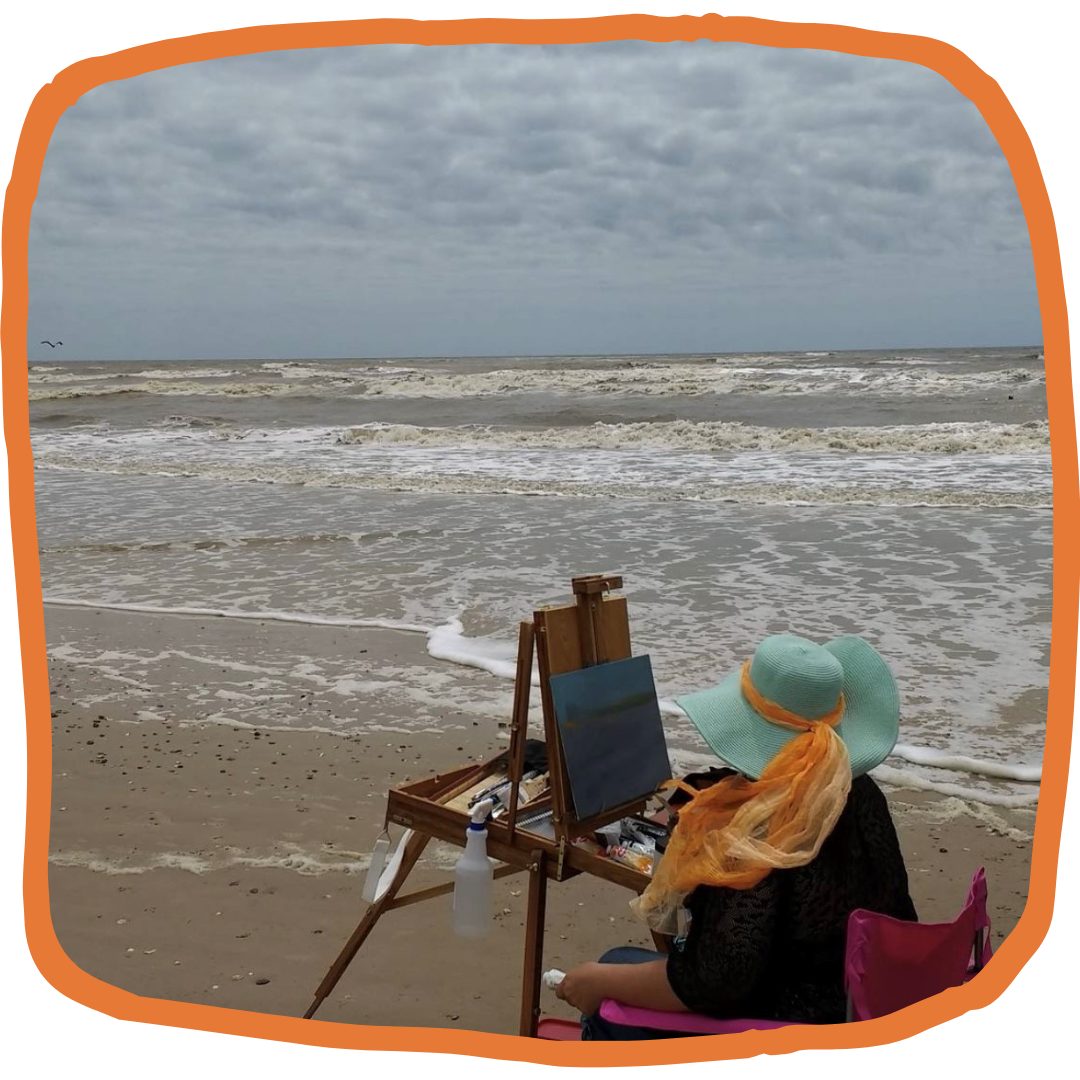
Dana, 51 Missouri USA
There needs to be some sort of help beyond the end of the radiation treatment. I don’t care what caused it but what do I do now?
I was treated for Stage 1 Anal Cancer in 2014: 28 days of radiation and 2 rounds of chemotherapy. For 2 years they thought that the treatment had been successful and then on my 2-year check-up appointment in 2017 they found that it metastasised to my lymph nodes near my iliac artery. Mentally and physically, this was such a blow to me. I had 13 twice daily rounds of pinpoint radiation before the surgeon removed the lymph nodes and I also had brachytherapy. I was sent home to heal and now I am in my fifth year of being clear of cancer.
There was a healing period after surgery and then about a year and half later I started to notice I couldn’t feel anything in my back side when I was using the restroom. I was sent to a pelvic floor therapist, but they said it was part of the normal recovery process, although it was possible there was some nerve damage. I had a lot of bleeding although it was sporadic. My surgeon eventually told me that I had radiation proctitis. I wasn’t offered any treatment and was told that it would take care of itself. I never really got any help or treatment for it.
Along with the bleeding I was having explosive diarrhoea, and this was starting to interfere with my job – I was an administrative assistant and was responsible for answering the telephones – but I had to be away from my desk a lot. I had to cut down my work and I eventually went onto disability [allowance]. It’s very defeating sometimes that you can’t join the regular activities of your friends and my life revolves around my bowel movements. I have to carry what I call my emergency bag with me – wipes, underpants, deodorants, sprays, lotions, change of clothes.
I am very happy that my cancer was treated and that I am alive, but I had to go through some counselling for depression and I have terrible anxiety. I am adapting and trying to make what I have been given the best that it can be. I have nerve issues not just in my back side but down my legs and my feet are numb. I can still walk but it is a bit cloppy because I can’t feel much. I do fall a lot and stairs are challenging!
Having to explain what is going on to other people is the downside because you feel you are repeating yourself and a lot of people don’t understand. They think once the cancer treatment is over that you are better, and you are back to what you were before: that is not the case for some of us. There is part of you that just wants to bounce back to normal life and have everything the way it was, but then you know you can’t, and you get tired in recognising that.
Living with PRD affects me on a daily basis – I am grateful for the cancer treatment, but the after-effects make my day-to-day life difficult. It has changed the way I live my life and how I look at life. I am accepting of it now but would be very grateful for some help with it. There needs to be some sort of help beyond the end of the radiation treatment. I don’t care what caused it but what do I do now?
I’m part of an anal cancer support group. I want others to know they are not alone and that there are others living with these late effects. We adapt and we find ways to continue and support each other.
There was a very dark period when I didn’t think I would be here. I had to seek help for my mental state because I felt a burden having to be cared for by so many people. I went to a very dark place in 2018 and I did think “why did I do this, why did I have the treatment?”
On the days I am having trouble, it takes me back to where I was as a cancer patient. PRD is always in the back of my mind: when am I going to have the pain again that makes me want to go lie down? When am I going to have to be in the bathroom all afternoon? That’s always in the back of your head.
I had to seek help – counselling and psychiatry. It took a while, but I have got to a good place now. It’s been a journey – I am grateful for being able to live.
I don’t think I knew enough about the things that could go wrong after treatment – I knew about early menopause and becoming infertile. All these other things weren’t really mentioned.
I think back to when I was being treated and I didn’t have that much information about late effects, but I hope that by telling my story people are now getting the information about PRD. That is my real hope: maybe now it will be studied by the professionals and they can develop treatments and better ways of doing things.
Life is very precious to me – so many people don’t get to live past stage 3 anal cancer and I am very grateful that I did make it and I continue to thrive after cancer – but now I thrive in different ways.
Modified: 17th April 2024
